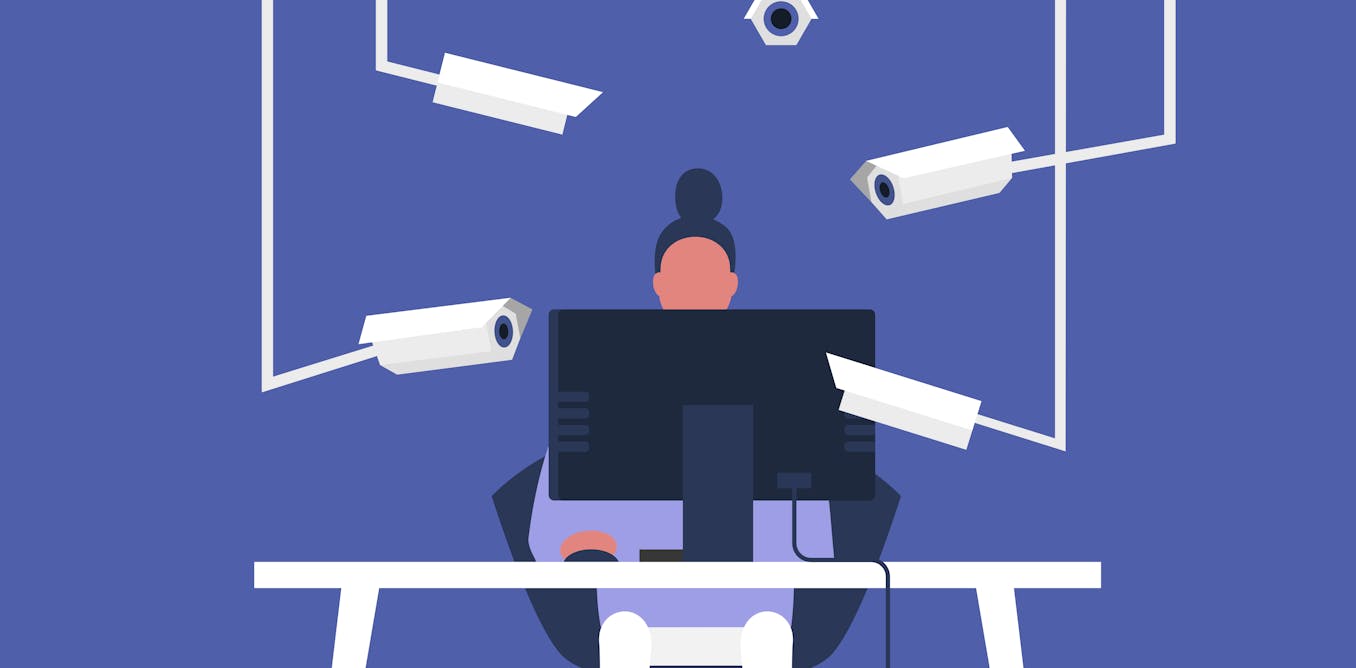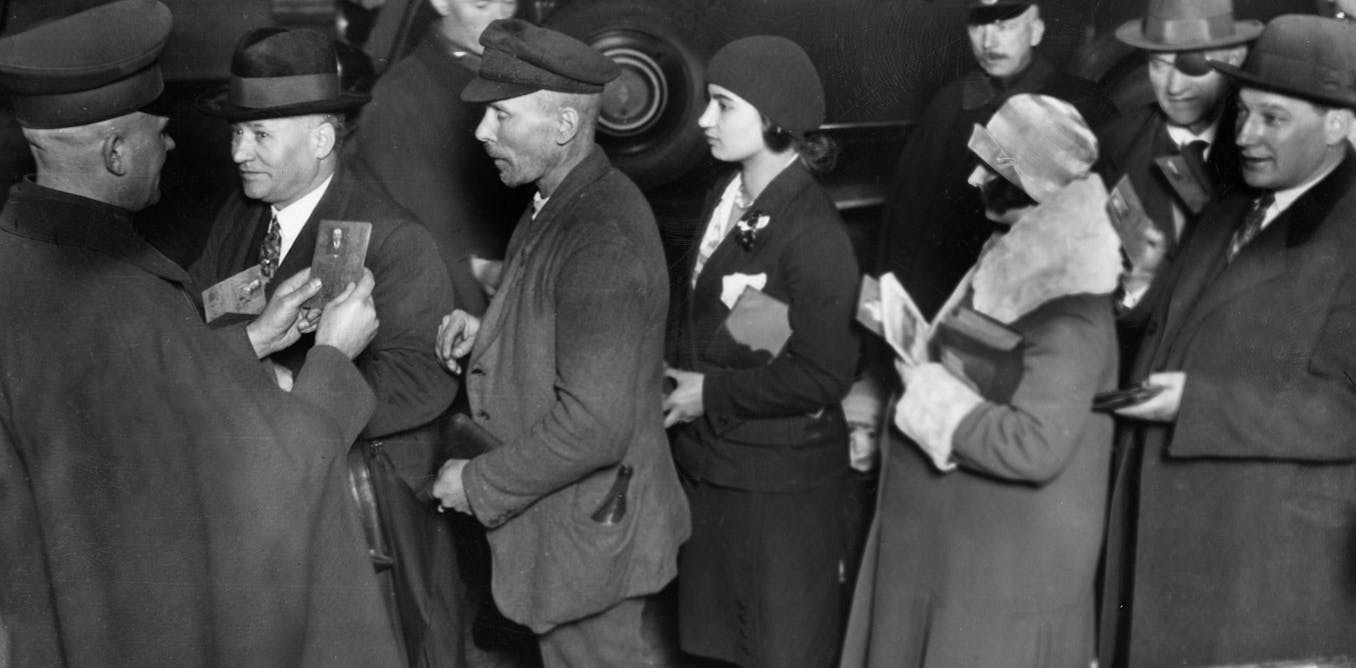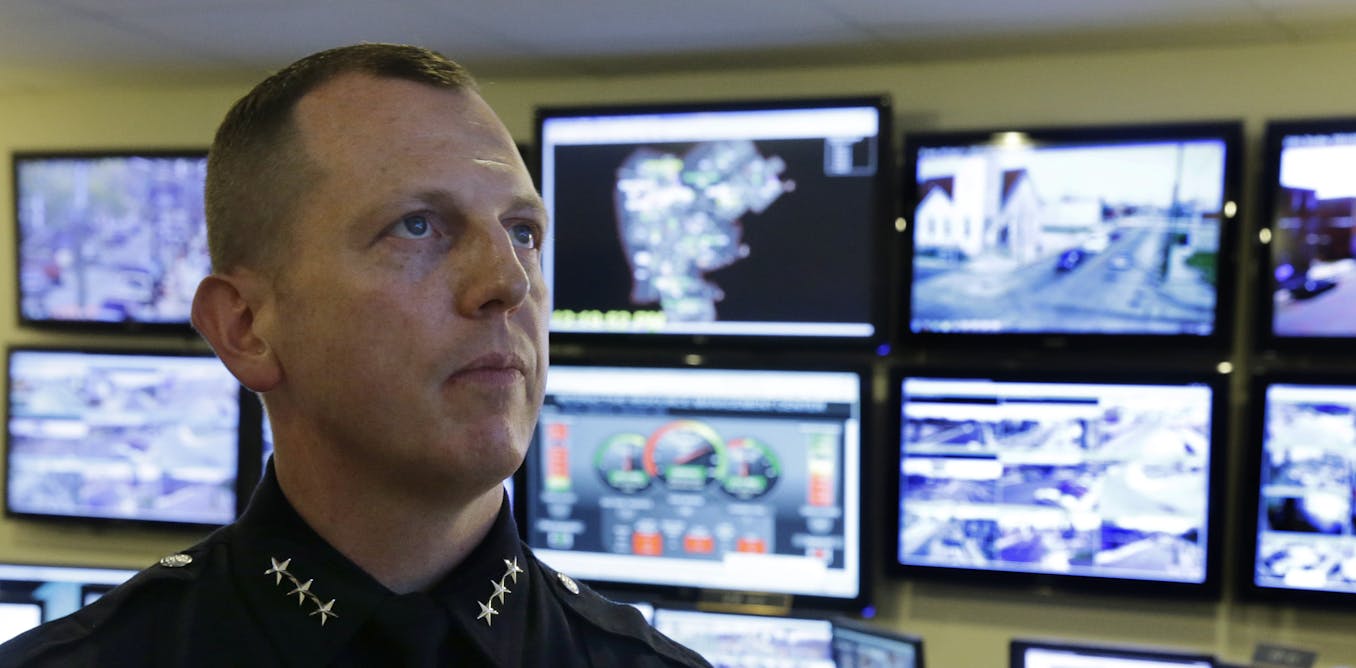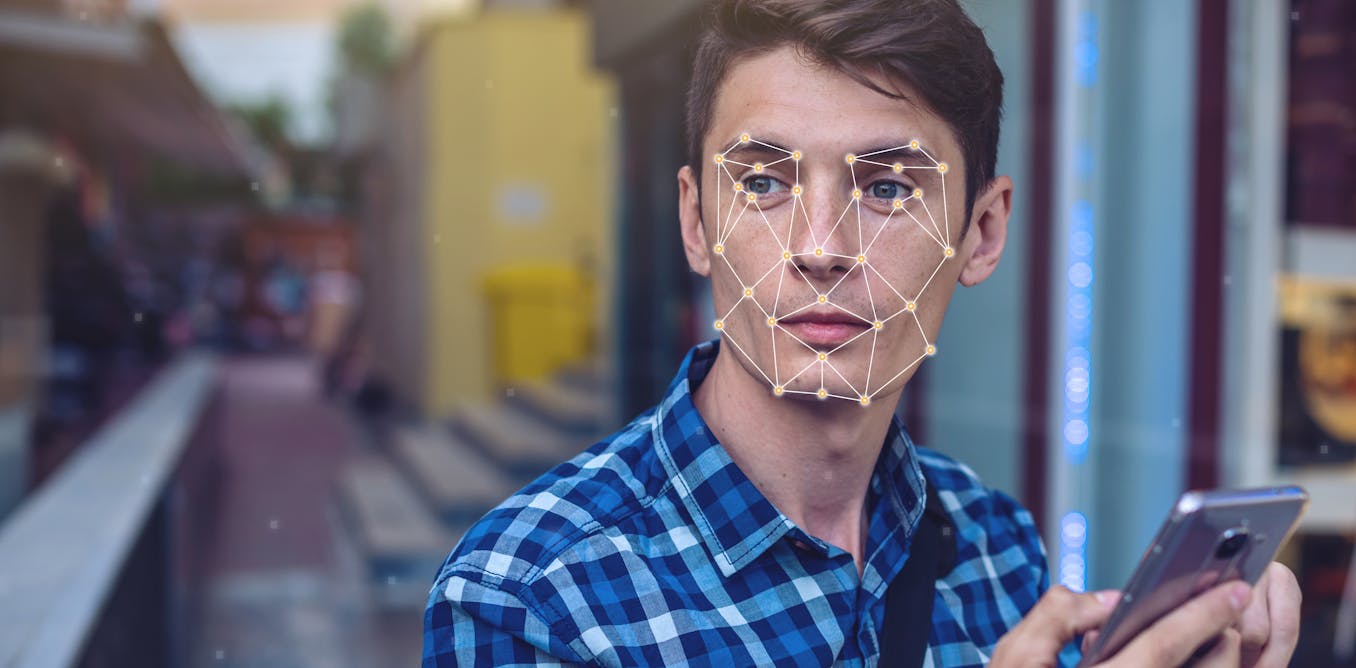Emotion-tracking AI on the job: Workers fear being watched – and misunderstood
Loss of privacy is just the beginning. Workers are worried about biased AI and the need to perform the ‘right’ expressions and body language for the algorithms.
March 6, 2024 • ~9 min







